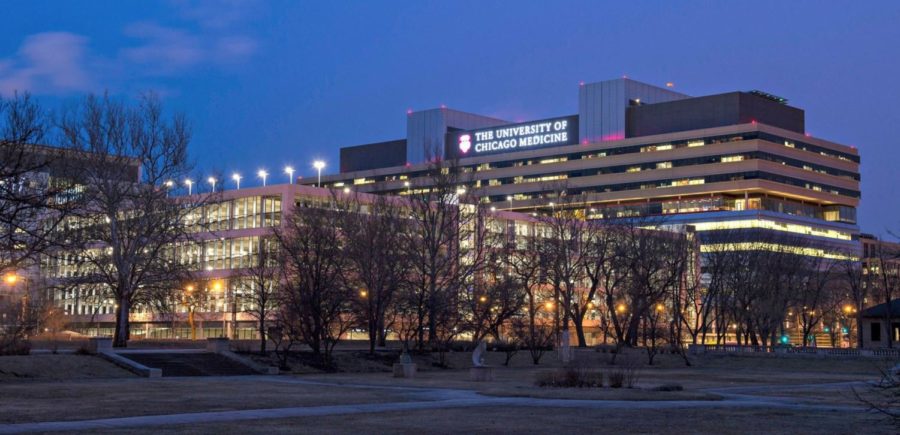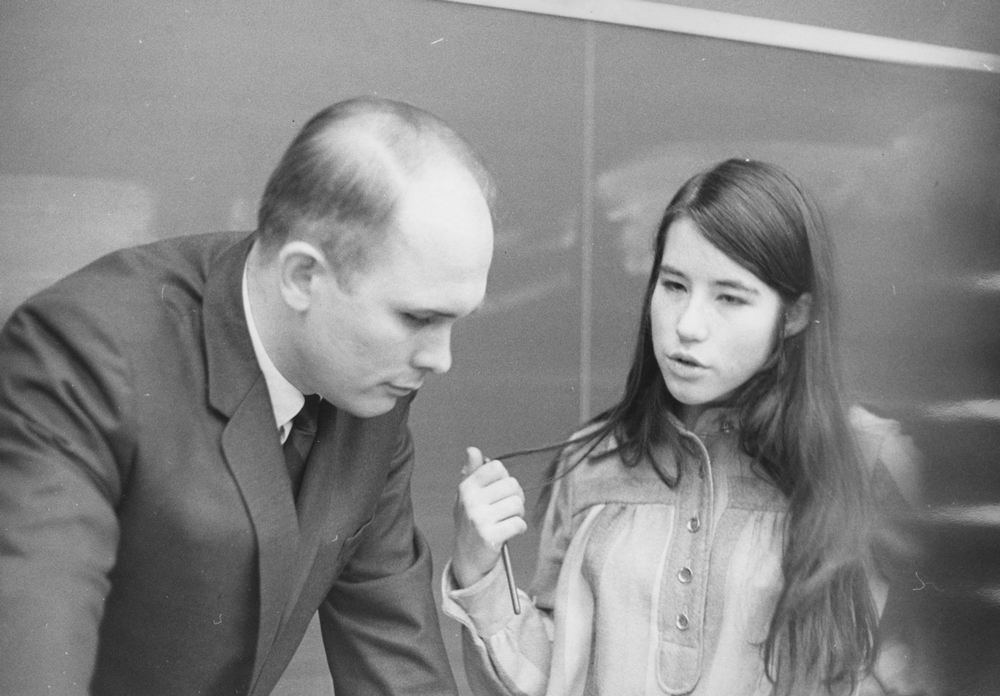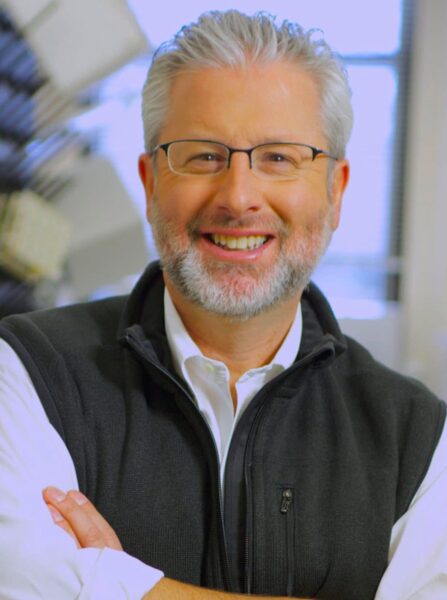Austan D. Goolsbee is the Robert P. Gwinn Professor of Economics at the Booth School of Business and previously served as the Chairman of the Council of Economic Advisors (CEA) and as a member of President Obama’s cabinet. The Chicago Maroon reached out to Goolsbee to ask him about Bernie Sanders, Donald Trump, and the 2016 primaries.
Chicago Maroon (CM): On January 17, 2016, you, along with former Chairs of the Council of Economic advisers Alan Krueger, Christina Romer, and Laura D’Andrea Tyson, wrote an open letter to Senator Sanders and Professor Gerald Friedman expressing concern regarding Sanders’ economic plan. What research and events lead you to writing this?
Austan D. Goolsbee (AG): Last November, I wrote up a description of the Sanders plan that basically said his program is similar to the social welfare democracies in Europe, so would likely imply taxes on the middle class like they have in those European countries but praising him for being honest about the costs and benefits unlike the Republican tax plans, which were resorting to absurd assumptions to try to make the numbers add up.
Soon after that, unfortunately, the Sanders campaign began to do exactly what I had praised them for not doing—understating the costs and overstating the benefits of their programs. When they began pointing to a study that claimed the plan could raise short run growth to 9.7 percent and long-term growth above four, record-setting productivity, record-setting labor force participation despite the aging population, more pharmaceutical cost savings than the country even spends on pharmaceuticals, and so on, the four CEA chairs decided to write something. It wasn’t meant as a critique of specific policies. It was more of a plea to play by the rules of reality and not resort to the land of make-believe.
CM: In the letter you state that you are concerned that the Sanders campaign is citing extreme unfounded claims. What makes these claims dangerous?
AG: I think two things: One, it unleashes the group of Republicans that consistently want to make fantastical assumptions about growth from their tax cuts. Two, when you promise people the moon, criticize the President for not giving them the moon, but you know, in reality, they cannot have the moon, it makes people even more cynical and angry about politics. The same dynamic has driven Republican primary voters to Trump this cycle.
CM: In an interview on The O’Reilly Factor, you said Donald Trump can’t get the nomination with the only 34 percent of the Republican electorate’s support. Given the continued success of Trump in the last two weeks, what do you think his chances of getting the nomination are?
AG: I said that he had 34 percent of the Republican primary electorate which is about 15 million people but he needs about 65 million votes to become the President so the question wasn’t whether his people will stick with him no matter what he says, it’s whether he can attract 50 million voters that are currently not for him that he will need. I think his nomination chances at this point are well above 50 percent.
CM: Overall, what do you think of the 2016 election so far? What do you hope will happen in the fall?
AG: Weird. Really weird. And probably the least policy-focused primary of my adult life. We know very little about what the candidates actually want to do beyond a couple of big broad headlines like ‘build a wall.’ I hope we get back to a serious campaign about ideas.








